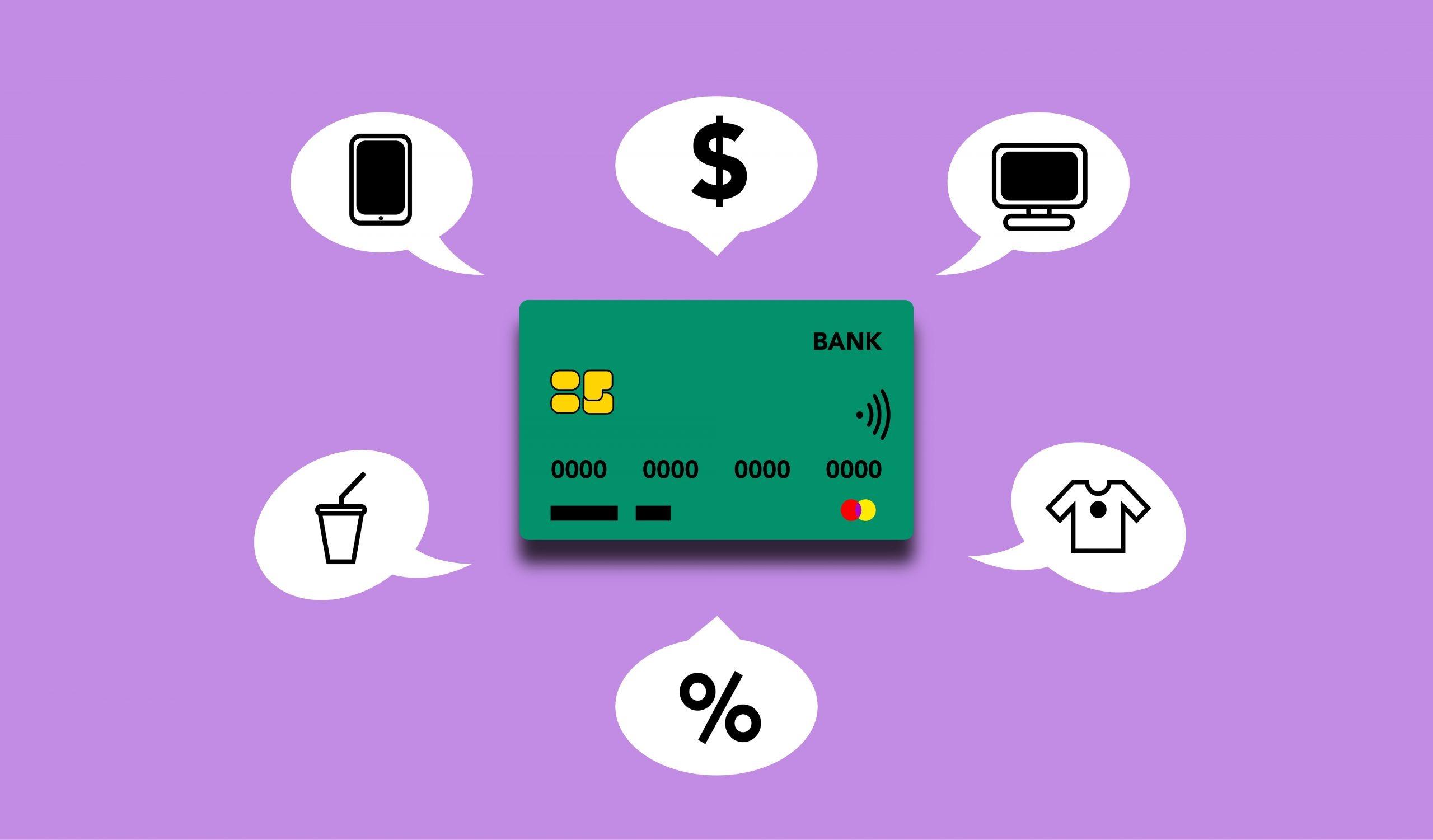Ever lost an important receipt when you needed it most or spilled a drink on your physical financial documents? If you have, then you know that recording the financial activities of your small business mentally or in a book just isn’t enough.
Bookkeeping is definitely not the easiest part of running a small business. But it doesn’t have to be a nightmare if you know what to keep track of and if you have a solid plan for making your records damage-proof.
While it’s great to learn some key accounting terms, you should also know how to apply them. That’s why we’ve broken down these key small business bookkeeping tips to help you track all your expenses, keep tabs on your cash flow, maintain consistent financial records, and work toward tax compliance. So, let’s get into it.

Source: Pexels
Track all your expenses
Knowing what you spend your business finances on will help you make wiser financial decisions and save you money at tax time. For example, many business expenses, like store or office rent, are tax-deductible. You could be leaving money on the table if you don’t keep track.
Simplify your expense-tracking process by exploring these quick steps:
Separate your business expenses from personal expenses
As a small business owner, you may be tempted to combine your business finances and your personal finances—if you don’t make an effort to keep them separate. But you can set up separate accounting systems with little effort by opening a business bank account and using a credit card exclusively for business.
Most credit card statements categorize your expenses, so you can see where your money went. By simply looking at the bank statement for your business credit card, you will be able to account for all your business expenses at a glance.
Also, using a single credit card to pay for all your business expenses will help you track every amount you spend so you can claim the right tax write-off. For example, if you pay cash at an office supply store, you could lose the receipt and end up struggling to account for that expense when it’s time to balance your books or file your taxes.
Record everything you spend on your business
For future reference and to maintain a neat bookkeeping system (pun intended), take note of the money you spend on things like business trips, client lunches, and office supplies. Instead of using a physical notebook or Excel spreadsheet to record those expenses, you can automate your process with accounting software like Neat.
All you have to do is send a picture or file of the financial documents you want to record into Neat, and the needed data will be extracted and stored. This reduces the effort you have to put in to manually record items every day and makes reporting stress-free.
Track your mileage for every business trip
If you drive your car at all for business, you should be tracking the mileage so that you can deduct it when you file your taxes. It doesn’t matter if it’s a quick run to the bank or a long haul to another state; keep track of the miles you drive in support of your business.
Although business mileage rates dropped from 57.5 cents per mile in 2020 to 56 cents per mile in 2021 (due to lower driving costs post-pandemic), business travel is bouncing back. Now at 58.5 cents per mile, it adds up.
Here’s what you should track for an accurate and foolproof system that will keep you prepared for a surprise tax audit:
- The date and purpose of the trip
- The starting location and destination
- The total mileage of the trip
Keep tabs on your cash flow
Unpaid invoices or late payments hurt your business and delay your potential income. For example, if you expected some money to come in May, but it’s June and you still haven’t seen it, you can’t properly plan or budget for the coming months.
To enable your business to run smoothly, you should keep a close eye on all money coming in (or meant to be coming in).
Bookkeeping may seem complicated, but you actually don’t need to be an accounting professional to keep good financial records. Want to see how successful your business really is? Monitor your cash flow with these simple steps.
Monitor your invoices closely
To maintain your business cash flow, you should keep a watchful eye on your invoices. While it can be helpful to assign billing responsibilities to someone else in your organization, it’s still totally doable if you’re flying solo or freelancing.
The most important thing you can do to make sure invoices are paid on time is to have a process for issuing a second invoice, reaching out by phone, or charging a late fee. Your plan should include steps to take when a customer is 30, 60, or 90 days late, for instance.
You may think that sending invoices means money will just start flowing in, but follow-up is just as critical as your billing routine. Think about it. Every late payment is kind of like an interest-free loan to the customer, and that needs to be addressed. Making and sticking to a policy for late payments will take care of that for you.

In Neat, you can create and send invoices, followup on unpaid invoices and get paid all through the same account.
Create a digital trail by relying less on cash
Customers prefer a quick swipe of their card instead of counting cash or writing a check. And for an entrepreneur like you, digital business transactions are the best way to keep track of your money.
If you’re using that single credit or debit card we suggested above, you know you’re able to see every transaction for every dollar you spend. The same is true for money coming in.
You know how much time and effort it takes to count cash at the end of every workday. Power tip: Ditch the cash and explore online payment options like bank transfers or credit/debit card payments. The digital trail they leave is easier to follow and reference.
Maintain consistent financial records
You likely make many deposits, withdrawals, and payments monthly. Keeping accurate records will help you avoid over-reporting your income and reduce your tax expectations.
Some startups fail due to poor financial management and control. That means that if you double down on keeping accurate financial records, your business is more likely to succeed.
Separate income and non-income deposits
To avoid paying taxes on money that isn’t income, you should record the sources of all your deposits on a regular basis. Sales and payments you receive for services that you render are income; infusions from your personal account, a loan from your dad, or a refund from your supplier are not.
This is especially important at the end of the year or quarter when you or your bookkeeper add up all those deposits so you can calculate your taxes. You could mistakenly include non-income deposits that would inflate your income and cause you to pay more than you should.
But once you start separating income and non-income deposits from the very beginning, you can sleep with both eyes closed, knowing that you won’t be losing any money to reporting errors.
Perform regular financial checkups
Knowing the financial health of your business starts with looking through the books. You can spot financial problems and fix them before they get out of hand by going over your books at regular intervals.
How does your balance sheet look? What’s going right or wrong? And so on. Armed with that information, you can also make realistic budgets and future projections.
Now, having a lot of money is not the only indicator of a healthy balance sheet. Your business balance sheet is healthy if it shows little to no debt or at least has enough money to cover its liabilities. On the other hand, it’s unhealthy if there is a lot of debt and not enough liquidity—assets that can be converted to cash quickly—to cover for them.
You can boost your balance sheet in three ways: increasing your income, limiting your expenses, and paying off your debts (if you have any). With fewer expenses and more revenue, you’ll be able to pay off debts quicker.
Some specific steps to explore include offering price discounts, giving incentives for referrals, introducing new products or services, selling fixed assets (like office equipment or real estate), sourcing for vendor discounts, cutting down your marketing budget, or joining a co-working hub vs. getting your own office space.
Work toward tax compliance
The IRS is a body of the United States federal government in charge of administering tax laws, and they perform audits of randomly selected businesses every now and again to confirm that the tax returns being reported are correct.
To avoid a truckload of problems as time goes on, it’s best to stay on the right side of small business tax laws.
Although your chances of facing an IRS audit are pretty low, some things on your tax return—like high income or not paying enough taxes—could attract the wrong attention and trigger an audit. Here’s how to stay ready.
Set aside money for taxes in advance
Taxes can become a huge source of stress for you if you don’t plan for them. They creep up on you and swallow up a huge chunk of your limited funds. But if you dedicate a certain percentage of your income every month to preparing for tax season, it’ll be easier for you to stay on top of tax deadlines.
Like Mike Michalowicz, author of Profit First, put it, “getting your tax liability under control requires planning and discipline.” In fact, Michalowicz suggests opening a separate account for your tax money. He also says that every time you make a deposit into your business account, you should put aside 15% of that amount in the tax account you created as well.
You could even go the old-school way of putting money for tax in an envelope weekly or monthly. The whole idea is to make sure that as a small business owner, you are able to pay your quarterly taxes while also focusing on your business needs. Then you can easily prepare your taxes by yourself or with the help of your accountant.

Source: Pexels
Manage your business finances with ease
You’re all set with bookkeeping advice for small businesses—but you might be wondering, will I have enough time to follow these tips? You definitely didn’t become an entrepreneur just to spend all your much time crunching numbers!
Our bookkeeping software, Neat, can help. It handles your business accounting for you, so you can focus on other parts of your business that need your attention—like making sales or networking.
Ready to hit the ground running? Try our software for free and talk to a Neat expert about where you need support.
Popular

March 31st, 2022

June 26th, 2020



